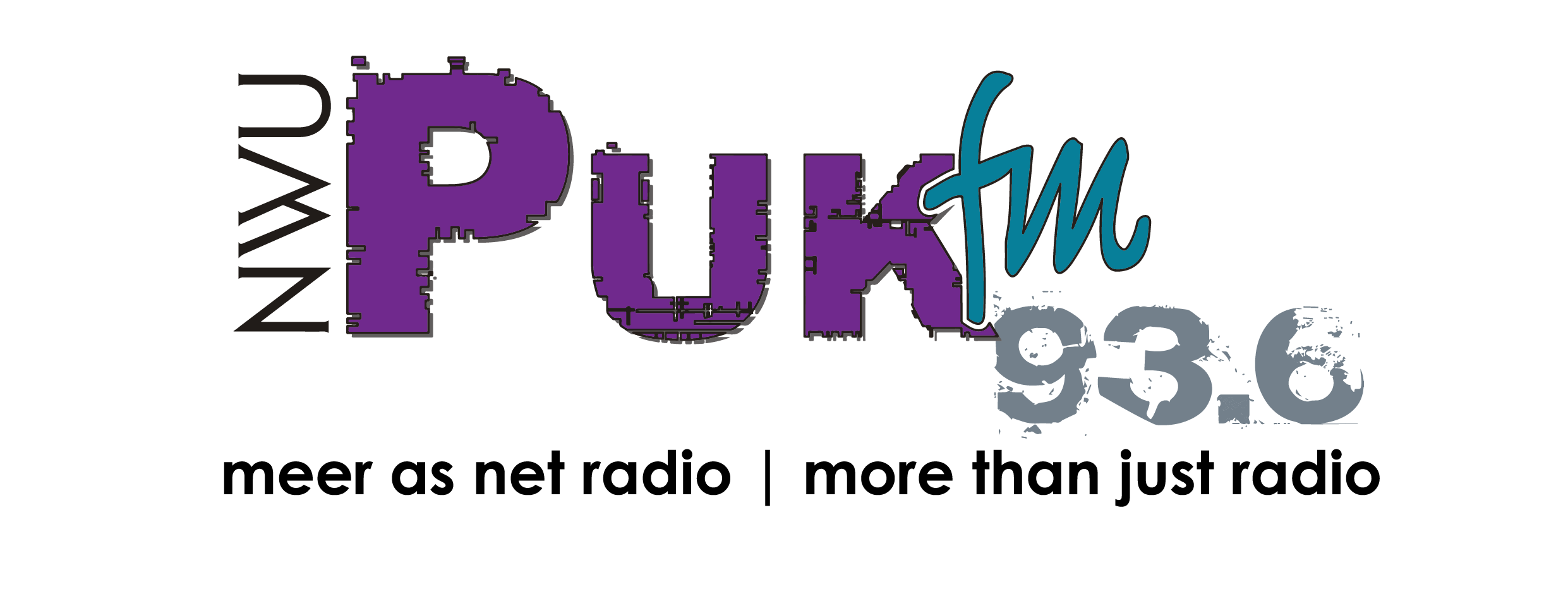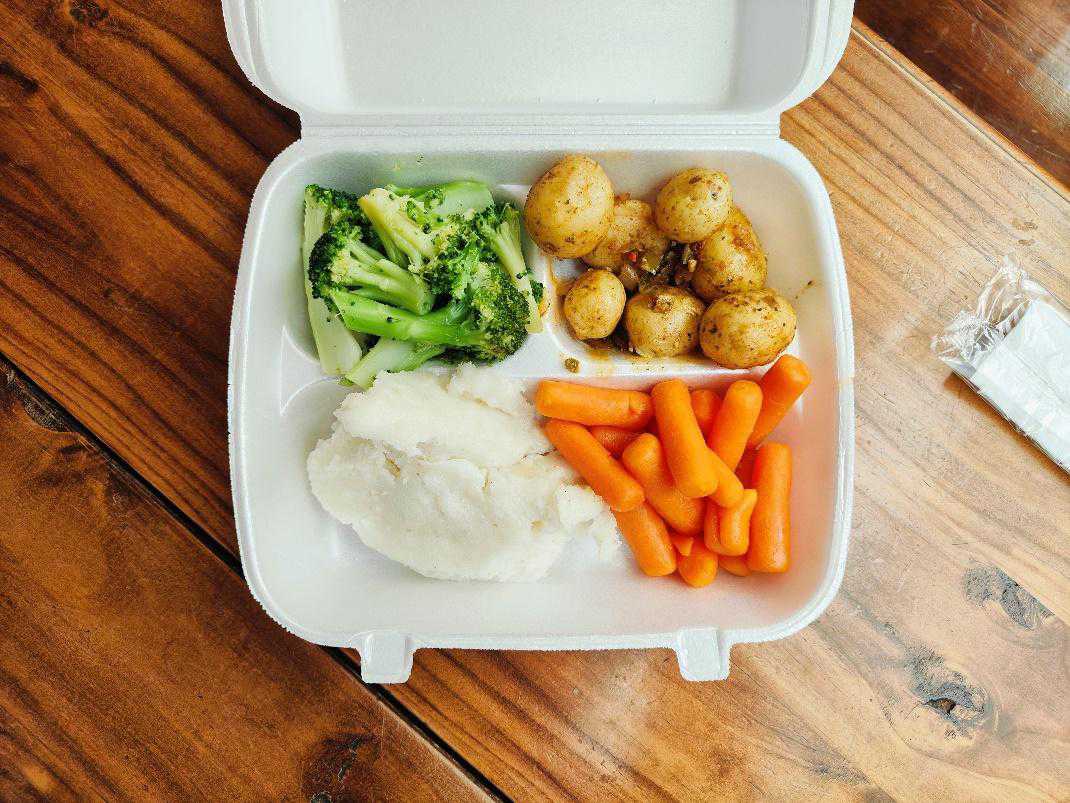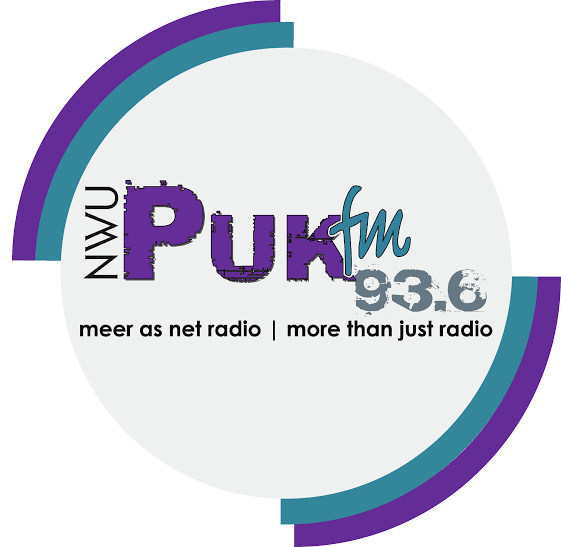-
 play_arrow
play_arrow
PUKfm
-
 play_arrow
play_arrow
London Calling Podcast Yana Bolder
-
 play_arrow
play_arrow
Summer Festival Podcast Robot Heart
-
 play_arrow
play_arrow
Electronic Trends Podcast Aaron Mills
-
 play_arrow
play_arrow
New Year Eve Podcast Robot Heart
-
 play_arrow
play_arrow
Techno Podcast Robot Heart
-
 play_arrow
play_arrow
Flower Power Festival Podcast Robot Heart
-
 play_arrow
play_arrow
Tech House Podcast Robot Heart
-
 play_arrow
play_arrow
Winter Festival Podcast Robot Heart
Christabell Lourens
@_clourens_
Students of the North-West University’s (NWU) Potchefstroom campus who follow specific eating habits lament the lack of options available not only in the student centre, but also in dining halls.
Daily, students stop by the cafeteria or one of the dining halls on campus for food. It’s easy, it’s accessible and most of the time, it’s good. However, students with specific dietary restrictions are not afforded this privilege.
While vegetarianism only restricts the consumption of meat, veganism involves not eating any animal products, including eggs and milk. While this is often associated with a personal preference or moral decision, for some, it’s not a choice. News in Health explains that a vegan diet specifically can “lower risk of diabetes, high blood pressure and metabolic syndrome (a condition that raises your risk for heart disease and stroke)”.
Wapad visited the Voorhuis Dining Hall to survey the options available in a day. Out of the roughly 44 options available at both lunch and dinner, only 18 were vegetarian and only 9 were vegan. This includes the deserts, which were mainly dairy-based and therefore not vegan-friendly. The majority of vegetarian and vegan options were side dishes.
This is not as concerning as the options that were available for breakfast. While there were some decent vegetarian options such as toast and pancakes, there were no vegan options. Even food such as toast is often glazed in butter or eggs before being toasted and the cereal cannot be eaten without dairy-free milk options. The only vegan option available was a bunch of bananas in front of the till.
Kristen Henn, a first-year Urban and Regional Planning student, discussed some of the difficulties of finding quality vegan and vegetarian food on campus. She identifies as a pescatarian but explains that she also does not eat eggs. “I remember my first time going to the SS (Student Centre) and noticing the lack of options. Everything in the dining hall were side dishes and didn’t have a lot of meals rich in protein.”
Henn goes on to mention that there is a lack of transparency on the side of the NWU about what is included in some of the meals. “When you go to the dining hall and you ask if there is meat in something, they often say that they’re not sure. They’re even more unsure about animal products like eggs or milk. There was a time I went to the SS and asked if there were eggs in the muffins and no one could tell me.”
For a university that prides itself on diversity, Henn admits that it’s easy to feel excluded in terms of food choice. “I think if I was vegan, I wouldn’t be able to eat anything on campus.”
Religion also constitutes a major reason for some dietary restrictions. This is the case for Muslims on campus. According to Crescent Rating, aside from well-known restrictions such as pork and alcohol, the status of “halal” also extends to how the food is prepared and what other ingredients, utensils, and surfaces it comes into contact with.
There are no halal-specific areas in the dining halls. This, coupled with the aforementioned lack of transparency about what is present in certain meals, means it is not always clear whether food is halal.
Lamisa Ali, a second-year Pharmacy student, shared some of her problems as a Muslim student on campus. “I’ve lived in an area where there was never halal food, so I expected that I wouldn’t find that here either. I knew there was a KFC, a Chicken Licken and McDonald’s and that those are halal.”
However, she noted that a lack of options on campus also makes it difficult to bond with her non-Muslim friends. “My roommate loves the Voorhuis food and she always asks me to go with her. When I do, I just sit there and do nothing because I can’t eat there. I could bring my own food but it feels awkward to do so.”
Ali also mentions the lack of transparency from the university’s side regarding the contents and preparation of food, “I’m guessing most of the time. The outside restaurants have a certificate that you can request to see. I don’t generally buy where pork is sold, so that makes it somewhat clearer.”
“There is a stall in the SS that sells halal food and that’s been great,” Ali continues, “but the portions are small and the price isn’t the best. All we’re asking for is one meal. They think that just because there are very few people eating halal food it won’t make a big difference but it can improve the image of the university.”
Ali also emphasised that the university should provide not only for students but also for lecturers who might have those preferences.
Both Kristen Henn and Lamisa Ali agree on one thing, the university can easily implement meals that are accessible to students with certain restrictions. In addition to stating what is present in certain meals, the dining halls can have dedicated pre-portioned meals that are vegetarian, vegan, and halal.
Things such as meat alternative options and protein-rich vegan foods can make a notable difference in the lives of many students. At the end of the day, having good meals close by is a privilege that should be afforded to all students regardless of their health, religion, or moral concerns.
Edited by Mhlengi Khumalo
Written by: Wapad
Similar posts
Recent Comments
Chart
-
-
-
 play_arrow
play_arrow
I Had Some Help (feat. Morgan Wallen) Post Malone
-
-
-
 play_arrow
play_arrow
Not Like Us Kendrick Lamar
-
-
Top popular

VARSITY CUP TICKET RESELLERS AND BUYERS – MAY BE DENIED ACCESS

UNANSWERED AND UNSPOKEN: NWU’S SILENCE ON SUSPENSION OF SCC STUDENT LEADER

MARCHING FOR JUSTICE AND POLICE ACCOUNTABILITY: THE TRUTH BEHIND THE TMM LOFTS PROTEST

DEGENAAR PRAAT OOR DIE NA-SKOK VAN ‘N TRAGEDIE

STUDENTS NO LONGER SAFE BEHIND LOCKED DOORS!






Post comments (0)